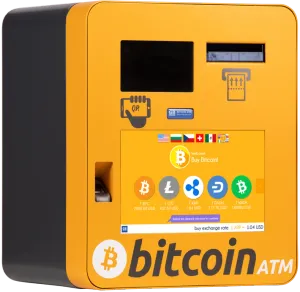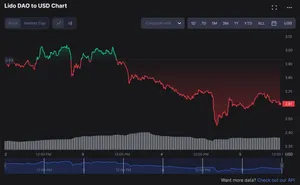The attacker apparently took advantage of a re-entrancy vulnerability to execute the theft, then swapped the tokens and bridged them to the Ethereum main chain.
Sentiment tweeted that they were aware of the attack and investigating what had happened. They also stated that they were working with law enforcement. Later that evening, they sent a message to the hacker, offering to let them keep 10% of the stolen funds as a bounty if they returned the rest. Sentiment was audited by two crypto security firms.
On April 6, Sentiment announced that the exploiter had returned 90% of the funds, keeping $95,000 and receiving a promise from the organization that they would not try to prosecute the theft.





































![Tweet by BNB Chain: "The grand prize winners of our third track, Lifestyle in #Web3, is the wonderful team Chatcasso 🥇
Chatcasso is a guided platform that allows users to easily and conveniently mint NFTs using only text input through the use of AI technology.
[9/11]"](https://primary-cdn.web3isgoinggreat.com/entryImages/resized/bnb-chain-hackathon-tweet_300.webp)

